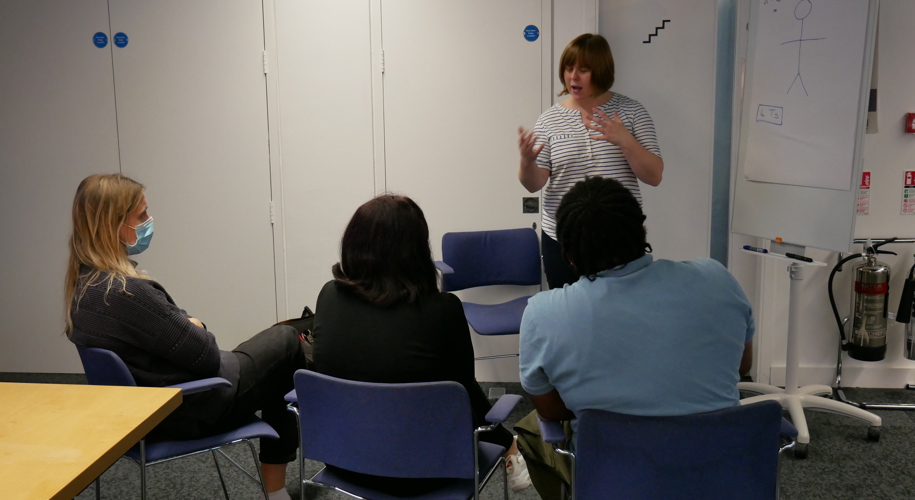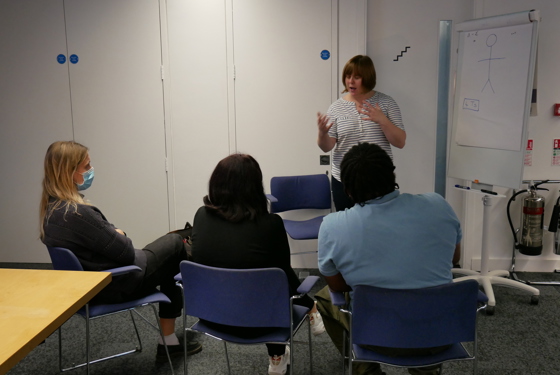As well as recording your attainment of competencies in your ePortfolio, completing a sufficient number of formal workplace-based assessments (WPBAs) and collecting feedback from your colleagues via the TO1 and TO2 forms, you’ll also need to record the development and retention of other skills and experience throughout training.
These skills and experience include:
- Reflective practice
- Log of experience
- Quality improvement (audit, research, publications and formal presentations)
Reflective practice
All trainees need to actively engage in reflective practice. Reflecting on experiences is a vital part of being a good doctor. It is core to maintaining and improving standards of care. Reflecting on clinical situations and performance, professional values and patient and team interactions helps you develop clinical skills, understanding, self-awareness and professionalism.
You can use the RCOG reflective practice template:
Requirements of the O&G training programme
There is a reflection template in your ePortfolio. The training matrix of educational progression sets out minimum requirements, but we encourage you to complete regular reflection for your personal and intellectual development.
Reflection is most valuable when it’s shared, so you need to share a minimum number of documented reflective practices with your Educational Supervisor. You can keep other reflective notes private.
Suggestions for reflection
Any clinical or professional experience in which you’ve been directly involved can form the basis for reflection, such as:
- A difficult or challenging situation, e.g. with a poor clinical outcome or involving difficult relationships with colleagues
- A positive and rewarding experience, e.g. a good result following effective team working
A key outcome of reflection is to identify personal learning tools based on your reflection and develop your own learning plan to help you achieve this. This may involve you examining often firmly held beliefs about your practice and learning to accept they may have ben wrong.
Serious incidents or complaints
If you’ve been involved in a serious incident or a complaint, you must always complete a reflective practice exercise. You will need to discuss this with your Educational Supervisor and possibly with other senior doctors involved in the case.
If you’ve been involved with a particularly distressing case, you should seek support quickly.
Log of experience
Once you enter advanced training, you’ll need to keep a log of your operative experience to confirm that you’ve maintained your newly developed skills. You should also record any complications that arise from the procedures you perform.
Once you’re working as a consultant, you’ll need to continue to collect this information for revalidation.
Quality improvement
Quality improvement (QI) refers to:
- Audit
- Research
- Publications
- Formal presentations
Requirements of the O&G training programme
You need to provide evidence of a successfully completed QI project at each annual assessment. Failure to do so may hold up progress to the next year of training.
You can plan and undertake the QI project on your own or as part of a team.
To be acceptable:
- The project must be complete
- You must have presented the project at a departmental meeting or discussed it in detail with your supervisor/clinical director
- The project’s recommendations must be clearly recorded
You need to keep copies of all presentations, case reports and peer-reviewed papers in your ePortfolio, as well as details of any periods of research. There is a form in your ePortfolio for summarising details of journals published in peer-reviewed journals.


